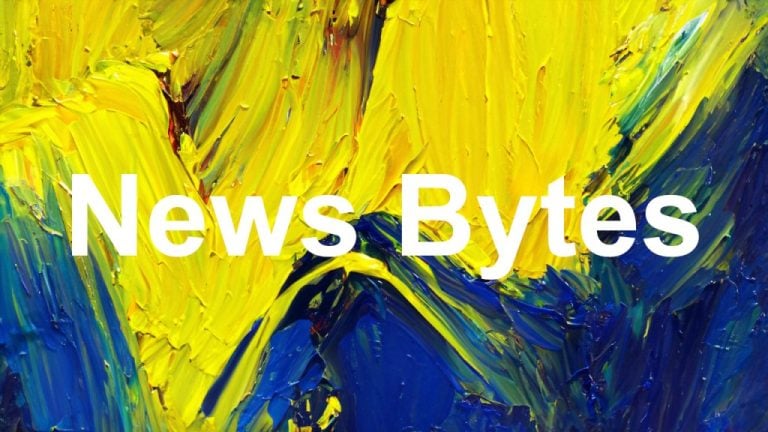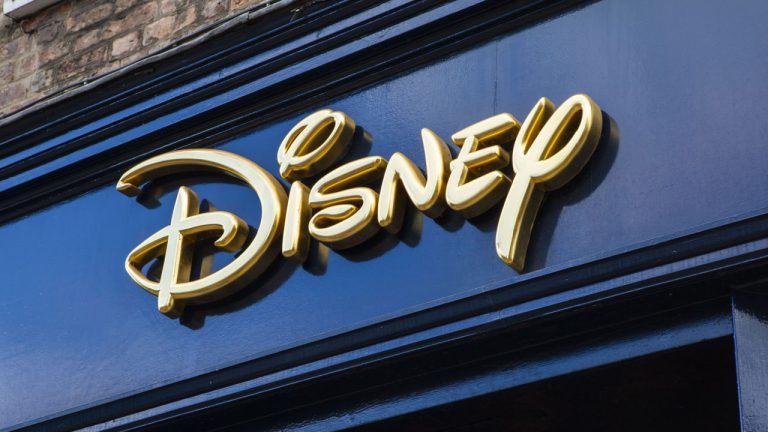
Mark Zuckerberg's Horizon Worlds is extending past virtual reality in a bid to bring more users to its 3D virtual world.
Meta CEO Mark Zuckerberg has finally made the move to expand his metaverse Horizon Worlds from virtual reality headsets to people's smartphones and computers.
The 3D avatar-based social platform announced in a Sept. 15 blog post that it has started rolling out its first Meta Horizon world to mobile and web in an early access state.
The only experience immediately available is Super Rumble, a free-for-all shooter that launched in late July, allowing two to six players to come together in fast-paced matches lasting five minutes. Meta said that more experiences and worlds will be coming to the platform over the coming months.

With the initial rollout, only a small number of people will be able to access it on the web or the Meta Quest app on Android, with an iOS rollout slated for the coming weeks.
“Early access will roll out to more people gradually as we gather feedback and evolve the experience,” said Meta.
“The metaverse should be available to everyone — no matter what device they’re on,” the tech giant added.
“And while Quest headsets are the most immersive way to access the metaverse, we believe there should be multiple entry points.”
Meta said bringing Worlds to more devices will open up the experience to more people. Meta hasn’t released any public statistics on its monthly active users, but a report from The Wall Street Journal in October 2022 suggested it was less than 200,000.
Meta's social platform is still currently only available in Canada, France, Iceland, Ireland, Spain, the United Kingdom and the United States.
Related: Meta ‘ruined’ the term metaverse, but now it’s evolving: Yuga Labs CEO
Interestingly, blockchain-based metaverse platforms, including Decentraland and The Sandbox, seemingly started their journey the other way around.
Both launched as PC and web-based experiences first, with Decentraland launching its browser-based 3D virtual world in February 2020 and The Sandbox launching its Alpha on PC in November 2021. Both have yet to release an official virtual reality port.
We've got legs!
Meanwhile, Meta avatars in Horizon Worlds have finally received a long-awaited update — virtual legs.
Zuckerberg initially copped criticism after the launch of his metaverse, with observers noting that the massive investment from the firm couldn’t even give its avatars virtual legs. During Connect 2022, Meta promised the legs would come in an eventual update sometime in 2023.
The legs functionality was reportedly already introduced to Quest Home space some weeks ago as a v57 test version update, but some users have reported the legs have now made their way onto the Horizon Worlds app.
Magazine: Web3 Gamer: GTA owner joins Web3, Bitcoin casino, Sunflower Land review













